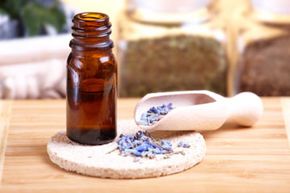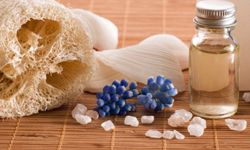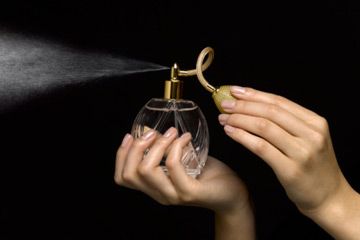Store-bought perfume doesn't work for everyone. It can be irritating to people with allergies or sensitive skin, and there's been a lot of concern lately about name-brand perfume manufacturers "hiding" potentially harmful chemicals by not listing them on ingredient labels. It also can be tough to find the right scent, so you can end up throwing a lot of money down the drain by constantly trying out different perfumes.
So, why not create your own one-of-a-kind scent -- for a fraction of the cost of a name brand?
Advertisement
If you've never made perfume before, you might think it'd be a pretty complicated task. Where do you start? How many different oils do you use and how much of each one? How do you know what smells good together? How much do you make, and what do you put it in?
Don't panic! There's a definite rhyme and reason to how perfumes are assembled, but it's actually very simple -- once you get over the hurdle of trying to find the perfect scent combination (or one that's even remotely appealing). We'll walk you through the entire process, from selecting oils to blending them to putting them all together into a finished product. We'll also clue you in to a pretty surprising perfume ingredient.
First step: Are you going to use fragrant or essential oils?


